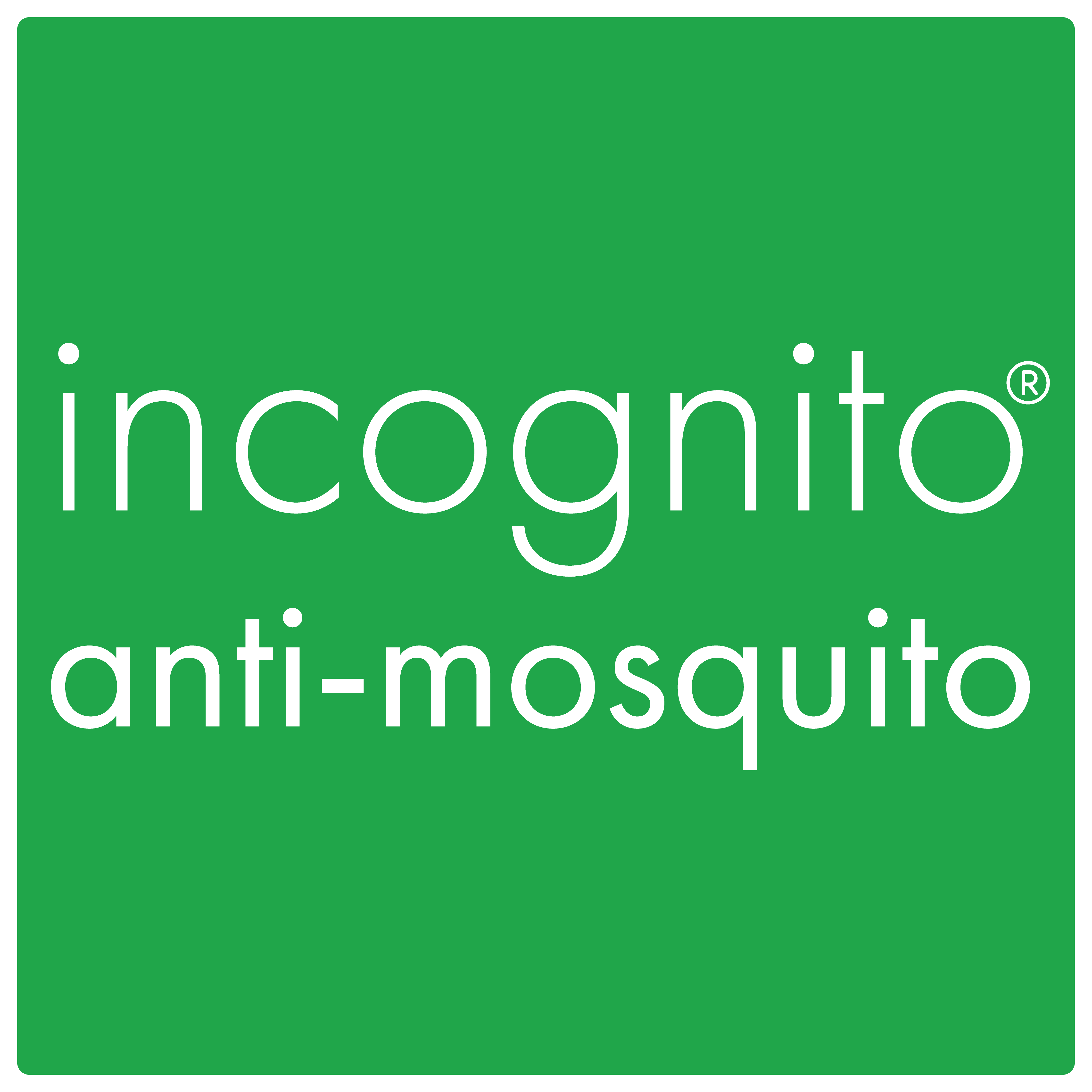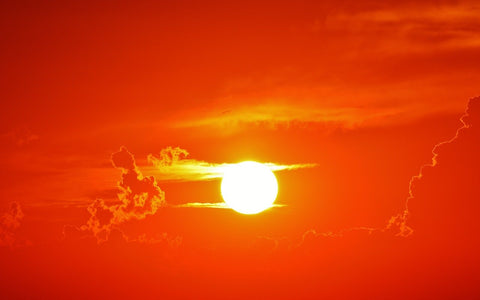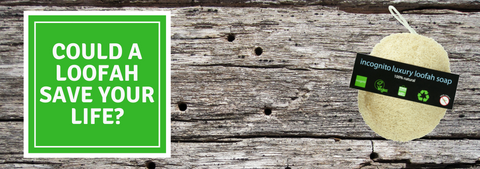What is Sun Awareness Week?
Sun Awareness Week (14 - 20th May 2018) is overseen by the British Association of Dermatologists’ Skin Cancer Prevention Committee, comprised of leading medical professionals with expertise in skin cancer, vitamin D and public health messaging.
The British Association of Dermatologists (BAD) state that reducing skin exposure to the sun (UV rays) lowers the risk of skin cancer and ageing. But absolute sun avoidance is not recommended, because casual and brief sun exposure can help maintain bodily vitamin D sufficiency.
For greatest efficacy, use a high sun protection factor (SPF) sunscreen, preferably of 25 or more, also providing high levels of UVA protection.
- In tropical areas and during periods of warm weather from April to September in temperate areas, sun-exposure should be limited to short durations, such that burning is avoided.
- If significant exposure is necessary at these times, then behavioural sun avoidance, use of hats and clothing and liberal application of high SPF/UVA protective sunscreens should be used.
- Sunscreens should not be used to stay outside longer or just to avoid more reliable protective measures such as clothing and shade.
What damage does the sun cause?
UVA and UVA radiation from the sun penetrates through the Earth’s atmosphere and we need to protect against these two.
UV irradiation in the form of UVA is associated with skin ageing.
What SPF do you need? Why not SPF 100?
Sunscreens are big business, and the marketing of them has a lot to be desired. There is hardly any difference between SPF30 and SPF100.
Doesn’t SPF50 offer twice the protection of SPF25? - No!
SPF25 filters out 96% - 4% of UVB gets through
SPF30 filters out 97% - 3% of UVB gets through
SPF50 filters out 98% of UVB rays, SPF100 filters out 99%
There is not much difference - and a lot less difference than the SPF figure appears to represent. SPF ratings higher than 30 are often used as a marketing tool and take advantage of the public’s misconception of the protection ratings.
SPF stands for Sun Protection Factor and measures the protection against UVB rays which cause sunburn. SPF ratings are a measure of the length of time a person can stay in the sun without their skin visibly burning with a sun lotion compared to the time they would start to burn without protection.
For example, if a certain skin type would get redness after 8 - 10 minutes of unprotected sun exposure, using an SPF30 product would enable them to spend 240 minutes or up to 4 hours in the same sun before getting skin redness.
Actual times vary depending on skin type and tanning ability of the individual, and on the strength of the sun and protection of the ozone layer where they are.
Also, no sun lotion is 100% waterproof. you can lose as much as 25% of your sun protection every time you swim in the sea or swimming pool. For optimum protection always re-apply your suncream after swimming.
The reality is that if your sun cream is applied thoroughly, and reapplied every two hours, you don’t need to use the higher factors available to give your skin maximum protection. Every SPF50 or higher contains ingredients that are not good for you and toxic to the environment!

Hawaii is the first in the world to ban the sale of any sunscreens that contain oxybenzone and octinoxate, chemicals known to harm coral reefs and contribute to coral bleaching. The bill will come into effect in 2021.
Hawaii's Senator Mike Gabbard said “This will make a huge difference to protect our coral reefs, marine life and human health.”
HOW DOES INCOGNITO’S INSECT REPELLENT SUNCREAM PROTECT YOU?
We’re pleased to announce the launch of our SPF30 suncream!

The brand new incognito® Suncream Insect Repellent SPF30 is a revolutionary tri-action suncream, moisturiser and insect repellent. With broad spectrum SPF30 protection against both UVA and UVB rays, our non-greasy lotion will protect the skin against both sun damage and ageing. Simultaneously, it provides 100% effectiveness against biting and stinging insects for 5 hours. This combination of SPF30 and 100% effectiveness against insects in a natural formulation is ground breaking.
Packed full of natural and organic ingredients, the active ingredient, PMD - is recommended for high risk areas for mosquito-borne diseases by the WHO.
Clinically tested to provide 100% effective against malaria and dengue/Zika carrying mosquitoes for 5 hours, and 88% effective for 8 hours. Re-apply frequently for maximum protection, suitable for all the family including children from 2 years.
Approved by the Soil Association as COSMOS Natural, the ingredients inside the Suncream Insect Repellent SPF30 have been rigorously tested; there is no GM, and we never test on animals, so it’s Vegan Society approved too. A COSMOS Natural standard ensures that both harmful environmental effects and waste production are minimised.
In addition, the bottle is made entirely from sugarcane plastic which has a positive carbon footprint and is 100% recyclable!
- Triple action, 3 in 1 suncream, insect repellent & moisturiser
- Moisturising, hydrating, non-greasy
- Light citrus fragrance with natural and organic ingredients
- Free from irritants, parabens and SLSs
- Product packaging made from renewable source sugar cane plastic
- Vegan Society approved - no animal testing or animal products used!
Why choose a suncream with organic ingredients?
By law, all suncreams with an SPF have to be tested to confirm they offer protection that they claim. This applies to natural and organic products just the same as conventional brands, so you can expect the same level of protection.
The main difference from normal high street sun creams is that organic ingredients are usually much gentler on your skin as it does not contain some of the harsh ingredients used in traditional formulations. In addition, our sun cream contains edelweiss and avocado oil which are antioxidants.
Our new SPF30 suncream insect repellent is our ground-breaking product launched this year.
Buy our SPF25 suncream insect repellent!
FOR MORE INFORMATION:
The Independent’s review of our suncream here: https://ind.pn/2IJ41aG
The World UV App, developed by the BAD and the Met Office, is a free app that gives live UV ratings anywhere in the world. Knowing the UV level in your location is a useful tool in helping you keep an eye of the sun's rays and being aware when they reach harmful levels.




Comments (0)
There are no comments for this article. Be the first one to leave a message!